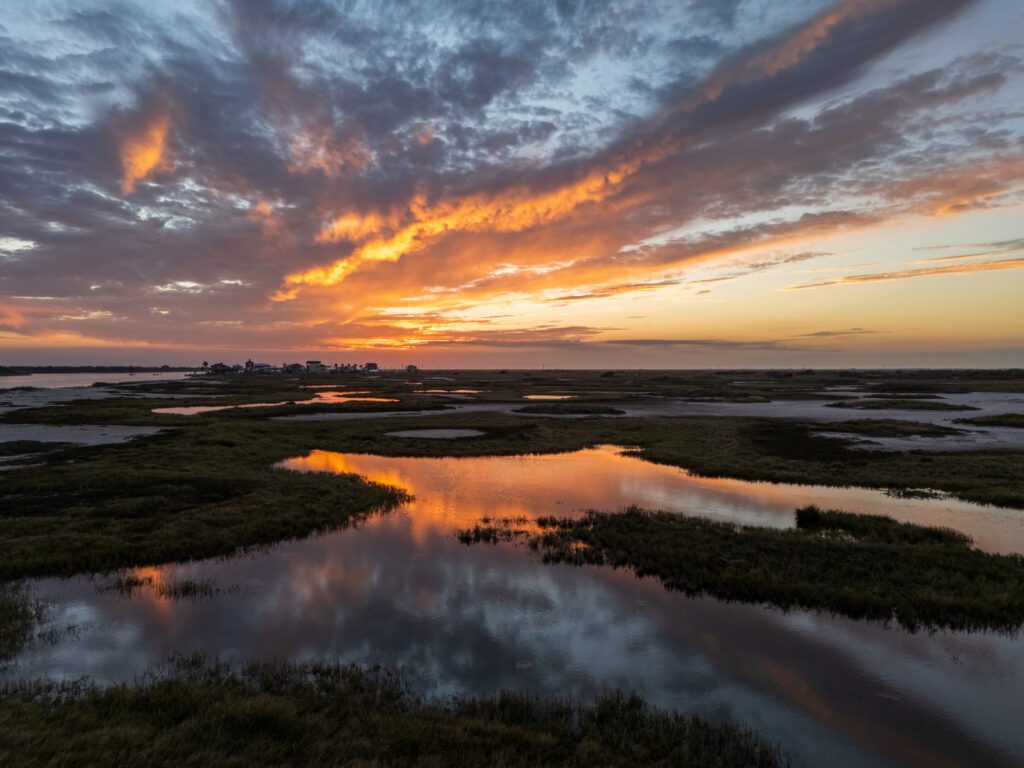
In a landmark conservation achievement for the Texas coast, a coalition of partners at the International Crane Foundation, The Conservation Fund, and the Coastal Bend Bays & Estuaries Program has secured permanent protection for more than 3,300 acres of high-priority wintering habitat for the federally endangered Whooping Crane, one of North America’s rarest and most endangered birds.
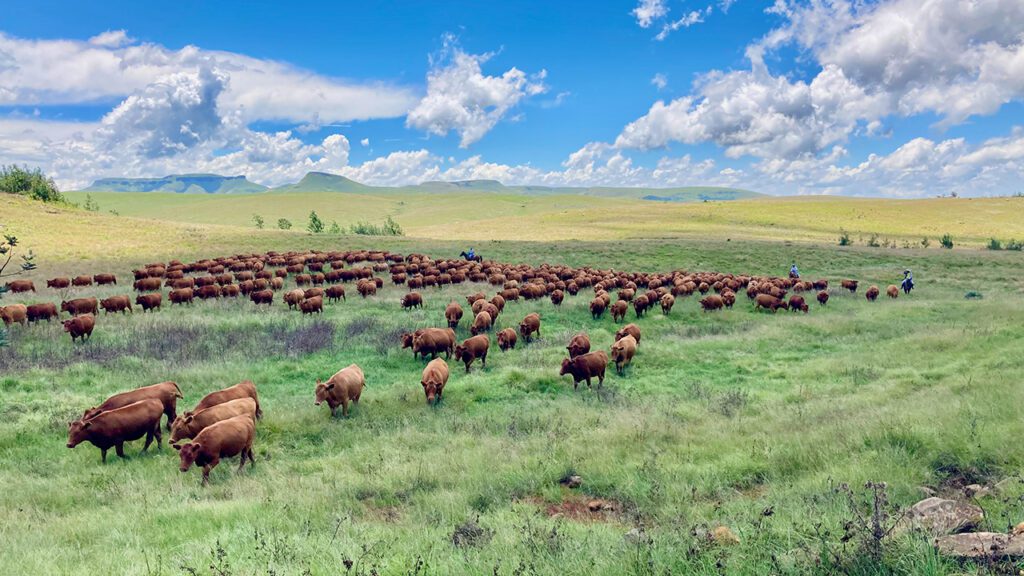
More than 90,000 hectares (222,600 acres) of irreplaceable Drakensberg Grasslands will now be conserved as part of South Africa’s first large-scale, verified soil carbon project.
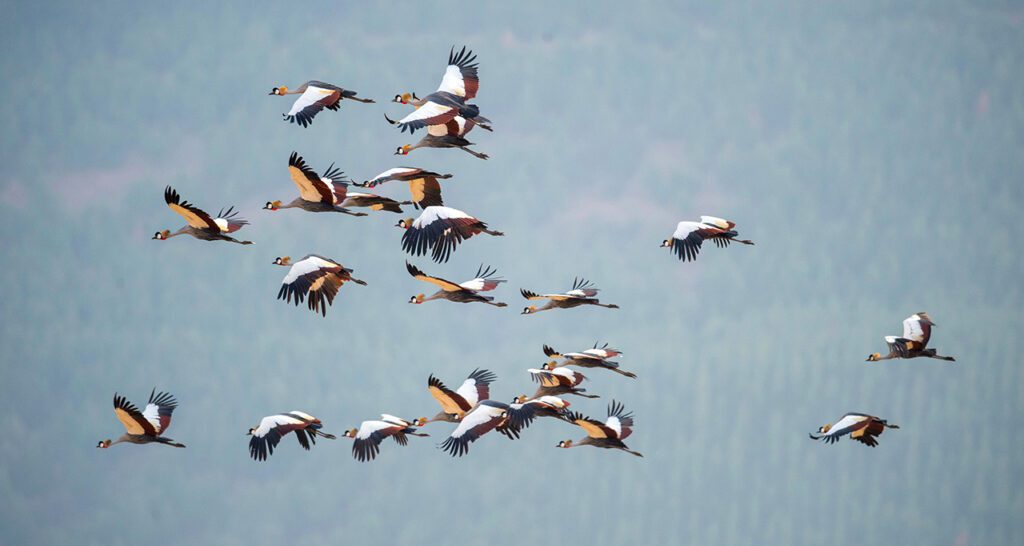
How do you secure Kenya’s beloved Grey Crowned Cranes, sitatunga, and other threatened wildlife that depend on healthy wetlands and agricultural landscapes for survival?

In a landmark conservation achievement for the Texas coast, a coalition of partners at the International Crane Foundation, The Conservation Fund, and the Coastal Bend Bays & Estuaries Program has secured permanent protection for more than 3,300 acres of high-priority wintering habitat for the federally endangered Whooping Crane, one of North America’s rarest and most endangered birds.
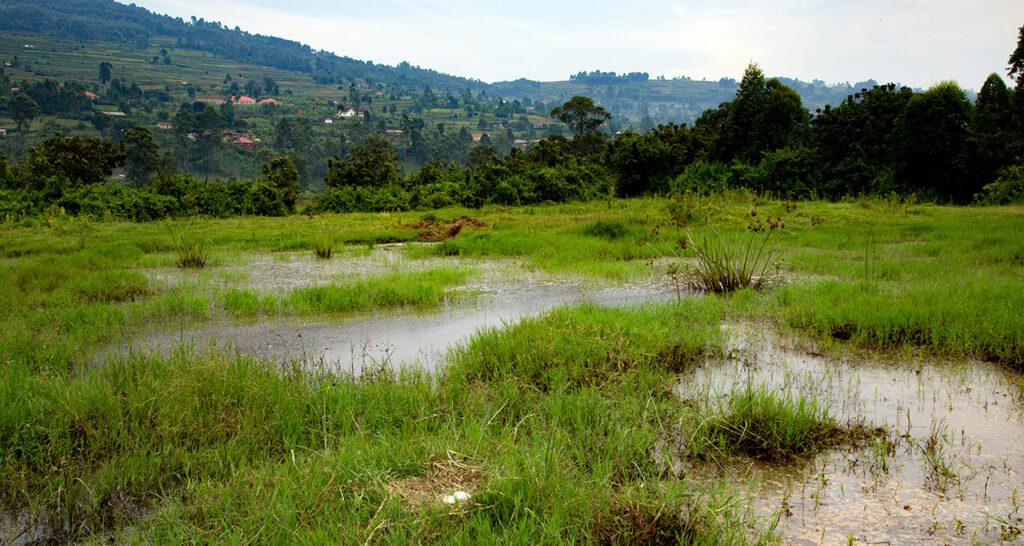
In Uganda, natural ecosystems, especially wetlands, face growing threats from climate change, deforestation, and unsustainable land-use practices such as wetland conversion and sand mining. These pressures have reduced both agricultural productivity and biodiversity.
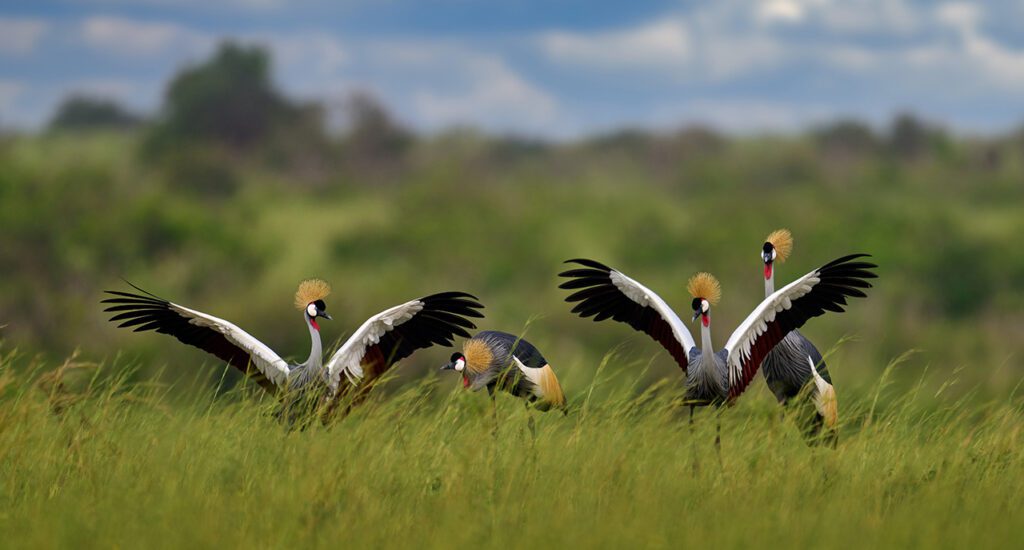
This successful approach to conservation will be shared by Kerryn Morrison, the International Crane Foundation/Endangered Wildlife Trust Partnership’s Vice President of Africa Programs, during the 9th Session of the Meeting of the Parties of the African-Eurasian Migratory Waterbird Agreement (AEWA MOP9) held from November 11-14 in Bonn, Germany.
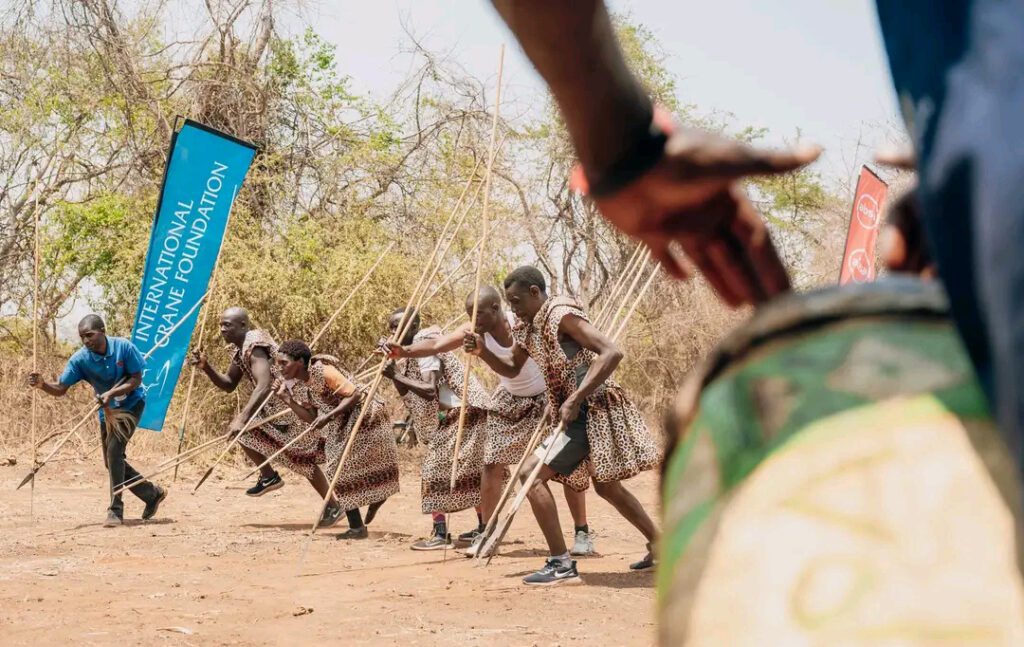
A newly commissioned modern office block at Blue Lagoon National Park Headquarters at Naleza will serve as a vital hub for Wildlife management, research, and community engagement in Zambia’s Kafue Flats.
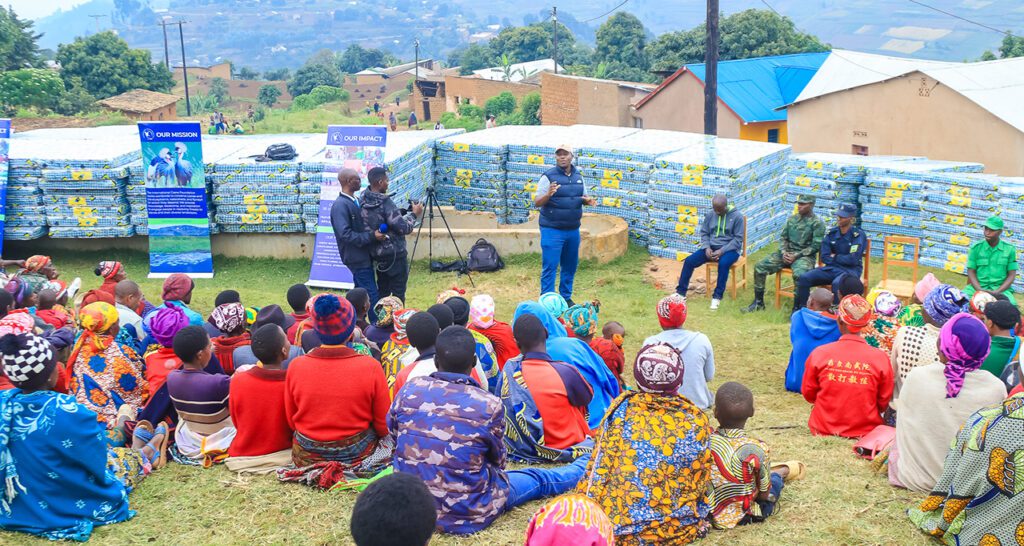
Deep in northern Rwanda lies Rugezi Marsh, a 6,735-hectare high-altitude peatland that plays a crucial role in both biodiversity and people’s daily lives. The marsh is not only a breeding site for more than 25% of Rwanda’s Grey Crowned Crane population, but it also regulates the water flow to Burera and Ruhondo lakes—vital sources of the country’s hydroelectric power.
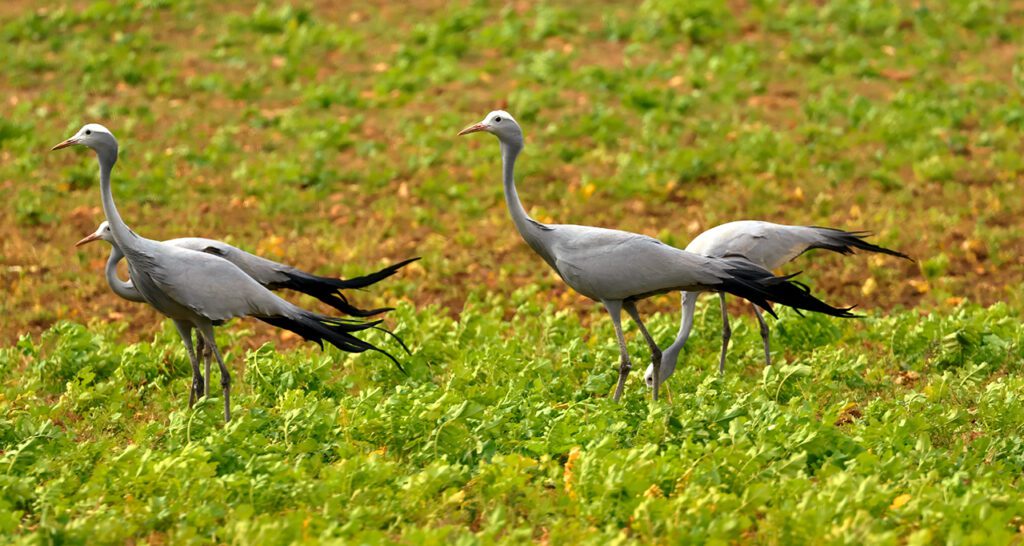
As South Africa celebrates Heritage Month, and ahead of marking Heritage Day on September 24, the Endangered Wildlife Trust/International Crane Foundation partnership has launched its new Blue Crane project focusing on habitat restoration, addressing threats posed by infrastructure, collaborating with partners such as farmers, and monitoring and research.
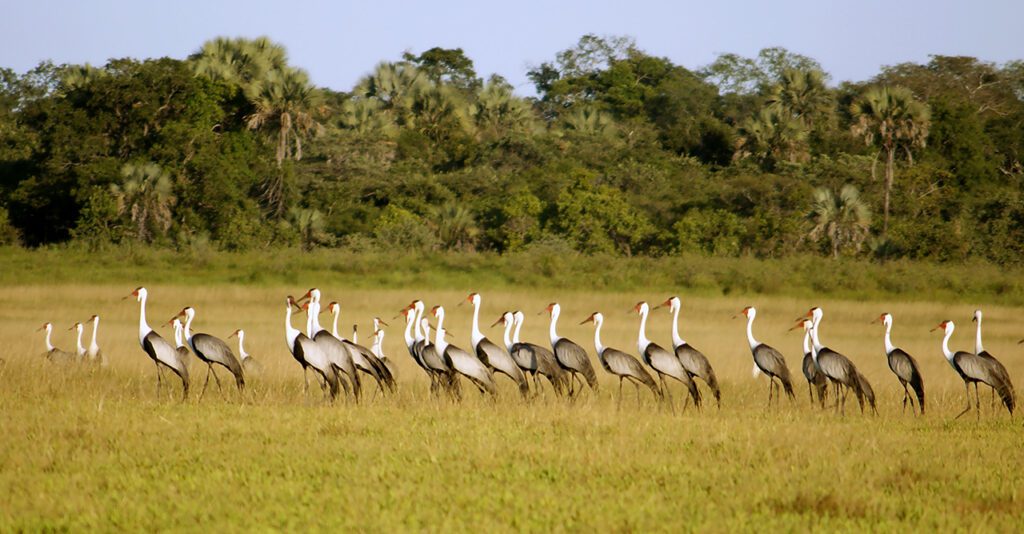
How do you secure a floodplain of international significance for wildlife and people, reverse ecological degradation, and promote sustainable development and livelihoods for one million Zambians?
No results found.
Adjust the filters and try again.